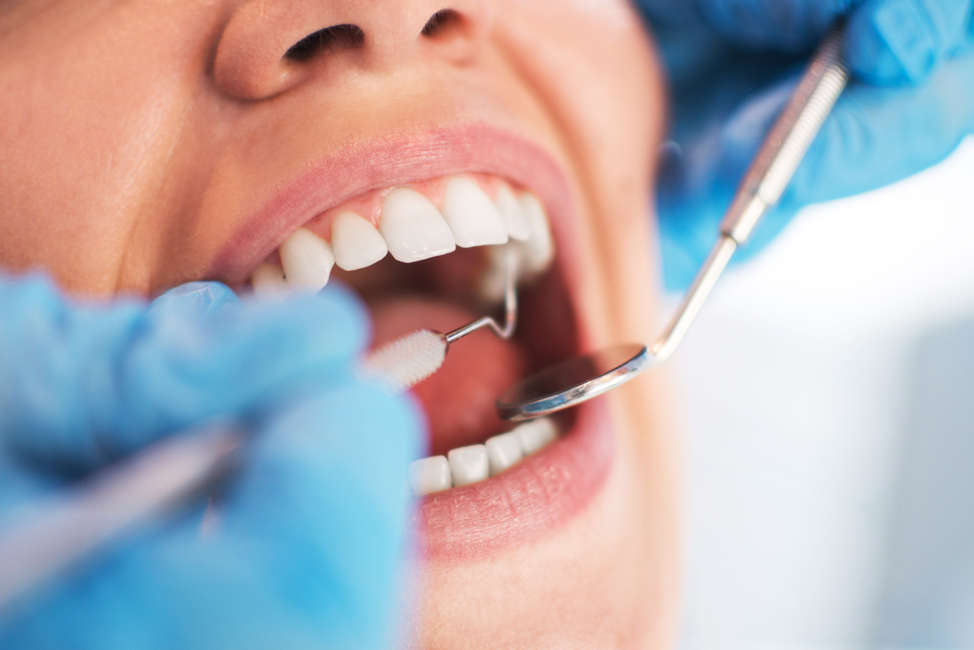A good number of people in Pennsylvania are suffering from gum disease (periodontal disease). Gum disease is pretty standard but preventable with proper dental care. It ranges from mild inflammation, which is known as gingivitis, to severe, which is called periodontitis, and damages the supporting bone.
Irrespective of the stage, it is suggested to visit a periodontist in Norristown, PA, to get proper assessment and treatment before it gets worse. Adopting a better oral hygiene routine can significantly minimize the risk of gum disease.
- Consistent and Correct Brushing
Brushing the teeth twice a day is pretty important. Use a soft-bristled brush with fluoride-based toothpaste because soft bristles are gentle and do not cause damage to the enamel and gums while effectively getting rid of any plaque buildup and food particles stuck in between. Brushing for two minutes is recommended to give it enough time for a thorough cleaning.
- Regular flossing
When a person brushes their teeth, there are some corners where the brush fails to reach, particularly between the teeth. Flossing helps to remove food particles and plaque stuck between the teeth and around the gumline. Flossing minimizes the risk of buildup of plaque and inflammation of gums, which prevents gingivitis progression.
- Use of Antimicrobial mouthwash
It is suggested that antimicrobial mouthwash be added to the dental care routine because it kills the bacteria present, which prevents plaque buildup and gum disease. Mouthwash, being a liquid, reaches areas where brushing and flossing miss, giving another layer of protection. However, mouthwash is supposed to be an addition to the routine and not meant to replace flossing or brushing.
- Balanced diet and Hydration
A balanced diet has a plethora of vitamins and other pretty essential minerals that enhance the health of the gums. Vitamin C does so through the production of collagen and combating inflammation. Excessive intake of sugary and acidic foods must be avoided because of their contribution to plaque buildup and erosion of enamel. Drinking enough water is also needed to wash away bacteria and food particles.
- Avoid Smoking and Tobacco Products
Smoking and using other such tobacco products do significant damage to the gums and increase the risk of gum disease. Tobacco affects the blood flow to the gums, which minimizes the ability to combat infections and healing ability. Quitting smoking not only improves the health of gums but also helps with overall health.
Importance of regular dental checkups
Gum disease is in stages such as gingivitis and periodontitis, and the symptoms vary accordingly. A dentist, through careful examination, can detect the development of gum disease at an early stage and provide adequate treatment to prevent it from progressing into something worse, which in some cases even results in loss of tooth.

